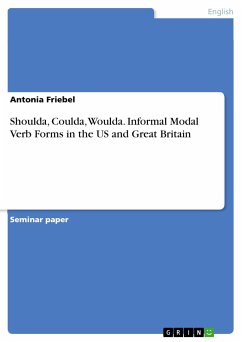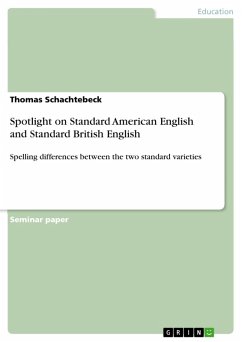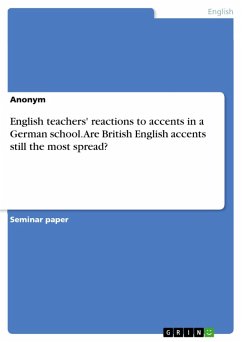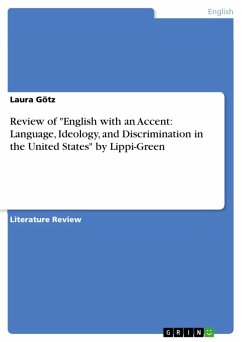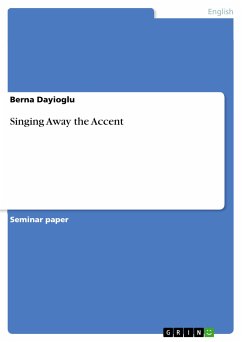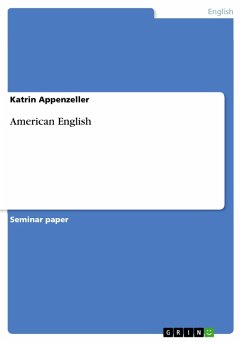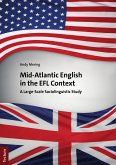Seminar paper from the year 2019 in the subject English Language and Literature Studies - Other, grade: 1,3, Catholic University Eichstätt-Ingolstadt, course: Language Variation: Varieties of English Around the World, language: English, abstract: Modal auxiliaries have always been a central point in the study of language change and variation, yet nonstandard forms of core modals have mostly been overlooked by researchers. While there have been studies on the use of informal semi-modals (cf. Krug 2010; Mair 2015), no comparably extensive research has been done for informal core modals. For this reason, I chose to analyze the use of the standards forms should have, would have and could have as well as corresponding informal forms shoulda, woulda and coulda. Furthermore, this study examines modals across two varieties, namely Great Britain and the United States. Considering the 'standard' language of these dialects is rather established, it is particularly interesting to analyze the use of relatively unstable nonstandard forms.
Dieser Download kann aus rechtlichen Gründen nur mit Rechnungsadresse in A, B, BG, CY, CZ, D, DK, EW, E, FIN, F, GR, HR, H, IRL, I, LT, L, LR, M, NL, PL, P, R, S, SLO, SK ausgeliefert werden.
Hinweis: Dieser Artikel kann nur an eine deutsche Lieferadresse ausgeliefert werden.

